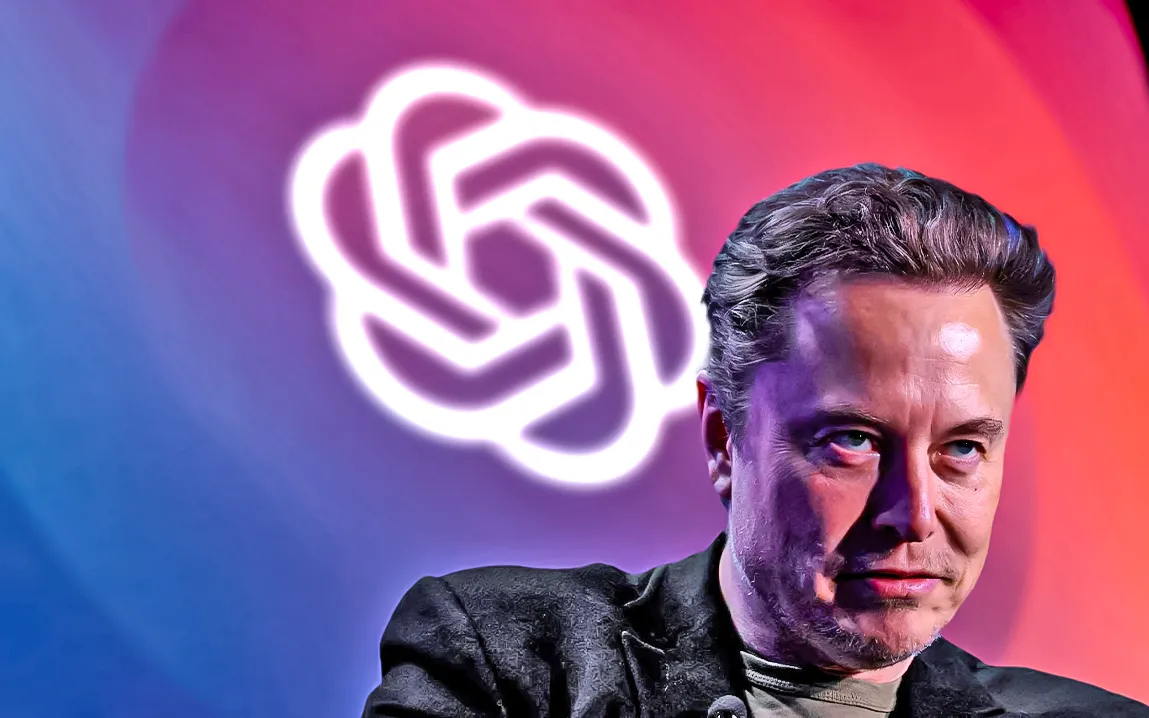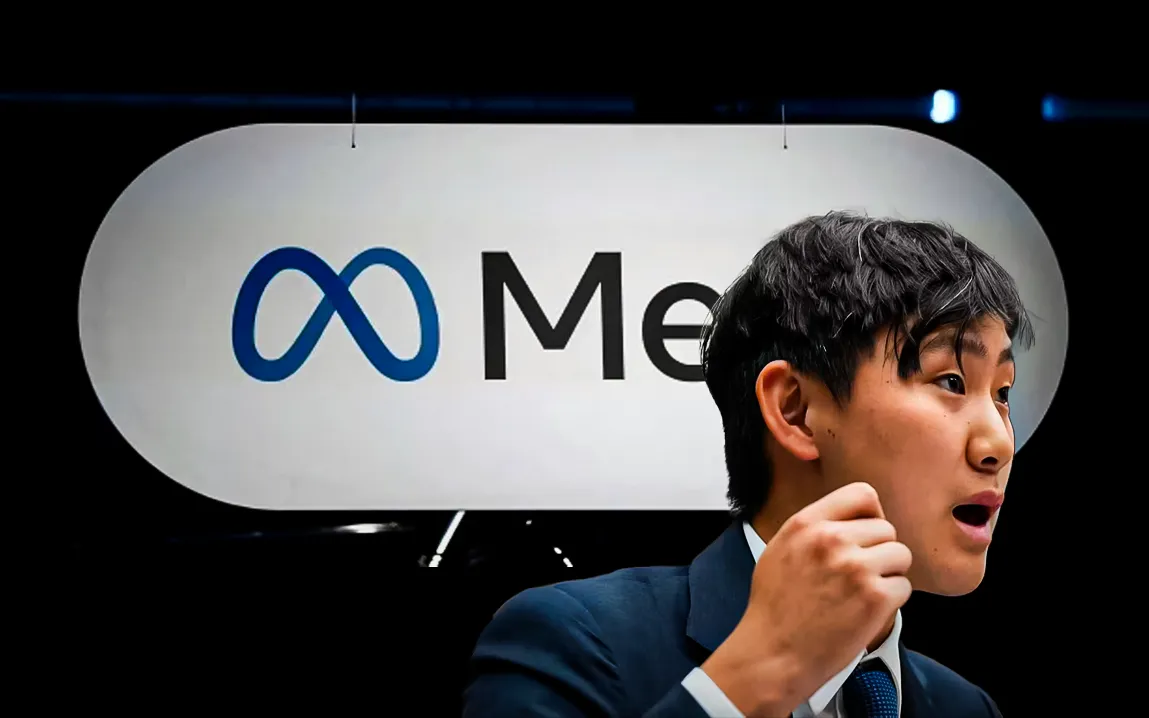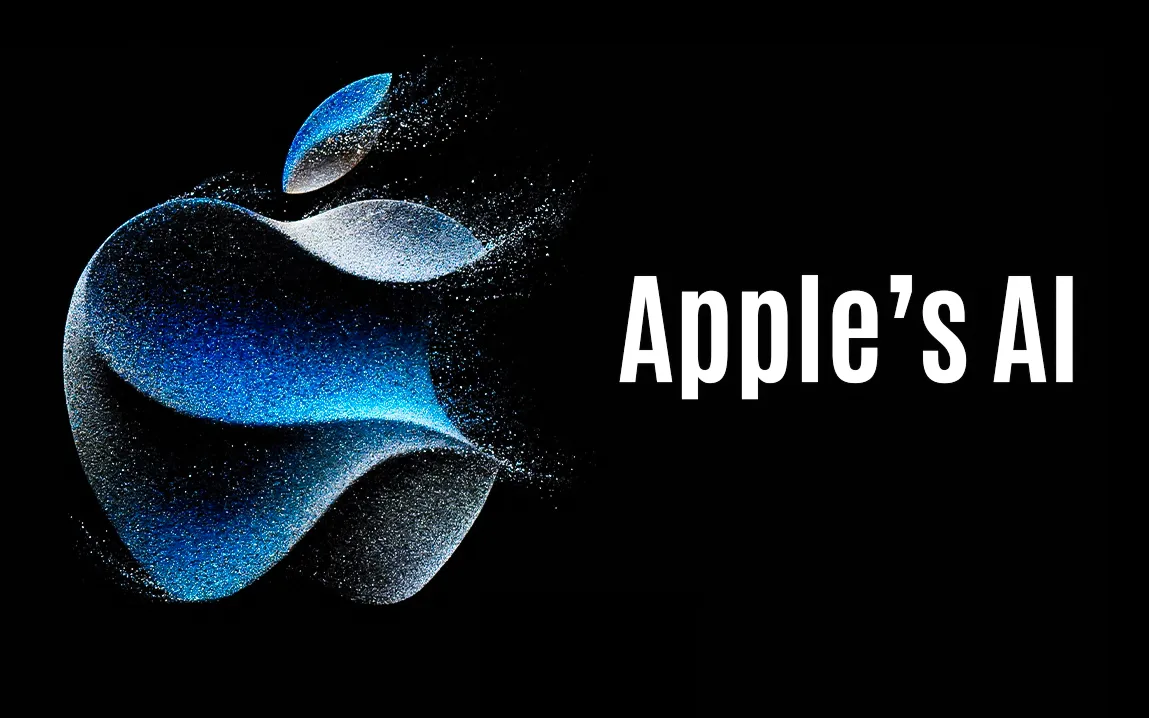The legal battle between OpenAI and Elon Musk is heating up again. This time, OpenAI wants its countersuit against the billionaire Tesla CEO to move forward in the same trial scheduled for 2026, arguing that Musk’s attempt to throw it out has “no grounding in facts.”
In a court filing submitted late Wednesday, OpenAI asked a federal judge to include its allegations of fraudulent business practices in the case. Musk had previously requested that these counterclaims either be delayed or dismissed entirely.
A $97 Billion “Sham Bid” Meant to Disrupt
At the center of OpenAI’s counterattack is a bold accusation: the company claims a $97.4 billion acquisition offer led by a Musk-affiliated group was nothing more than a staged effort to grab headlines.
According to OpenAI, the offer never even made it to their board before it was leaked to the press, a move they believe was meant to stir up controversy and damage the company’s public image.
The company says this wasn’t an isolated incident. It accuses Musk of following a “pattern of harassment,” using both public statements and legal maneuvers to interfere with its operations.
In April, OpenAI filed its countersuit, asking the court to block Musk from any “further unlawful and unfair action” against the company.
Musk’s Lawsuit: From Co-Founder to Challenger
Musk co-founded OpenAI in 2015, but walked away a few years later. Since then, he’s become one of the company’s most vocal critics, especially after it shifted to a for-profit structure and began dominating the AI space with tools like ChatGPT.
In 2023, Musk sued OpenAI and CEO Sam Altman, accusing them of abandoning the organization’s founding mission to build “AI for the benefit of humanity,” not for corporate profit.
Despite OpenAI recently easing up on its nonprofit governance structure — a move Musk has openly criticized, his legal team says the lawsuit is moving forward as planned.
Looking Ahead to the 2026 Trial
The legal showdown is set for March 2026. While Musk wants OpenAI’s counterclaims separated or delayed, OpenAI argues that its allegations are directly tied to Musk’s original lawsuit and should be addressed in the same trial.
The company says Musk’s tactics, from the so-called sham bid to ongoing public criticism, are part of a coordinated strategy to weaken OpenAI’s credibility and momentum.
Whether the judge agrees remains to be seen. But one thing is clear: the fight between Musk and the AI company he helped create is far from over.



